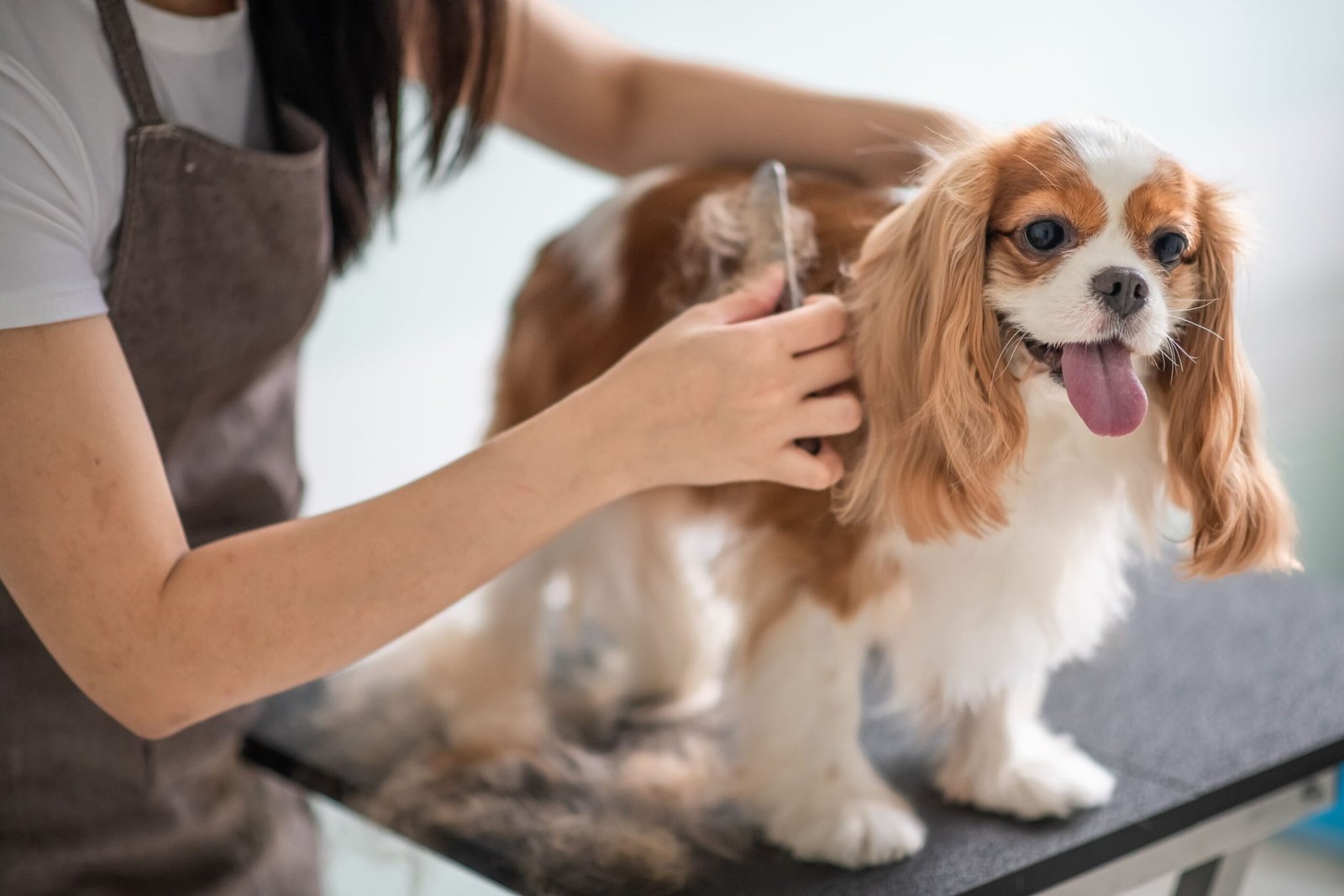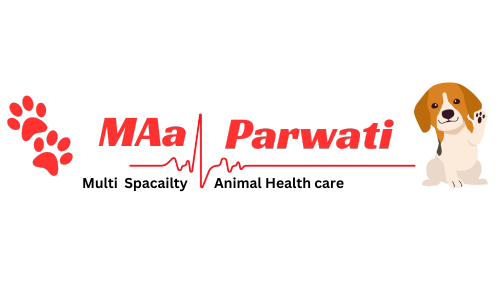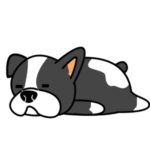Oncology
Introduction

Neurological services are responsible for the diagnosis and treatment of diseases that affect the brain, spine, peripheral nerves and muscles. Common symptoms of such diseases include reduced motor coordination and often times abnormal brain development and even seizures or paralysis in extreme cases.
Common Nerval Conditions In Pets And Their Treatment
- Seizures:
- Seizures are the most common neurological disorder of companion animals.
- Seizures are more common in dogs than in cats.
- Treatment:
- First step in their treatment is understanding the reason why they are occuring in the patient depending on which further treatment options are chosen.
- Long term management of challenging cases is also required
- Strokes:
- These include vascular accidents like strokes and bleeding in the brain and the spine. it is a common condition in older pets.
- Many underlying risk factors may lead to strokes in pets, such as hypertension, cardiac disease and kidney disease.
- Treatment:
- Treatment is done based on the underlying cause.
- At the same time, supportive care is provided while they heal and rehabilitate.
- Intervertebral disk disease:
- This disease affects dogs more effectively as they age.
- In certain breeds, like the Dachshund, about 30% of dogs will have an incident of disk herniation at some point in their life.
- Other similar conditions are :
- Lumbosacral disk disease
- Cervical spondylomyelopathy
- Treatment:
- This condition can be managed with surgery and conservative therapy paired with rest and rehabilitation.
- Success rate of its treatment is very high.
- Spine and brain tumors:
- Cancer of the brain and spine occurs in dogs and cats with about the same frequency as in people.
- A lot of effort is put into preserving quality as well as quantity of life.
- Most of the brain and spinal tumors are benign and can be treated successfully in all pets independent of their age and gender.
Treatment:
- Treatment modalities available include:
- Surgery
- Radiation therapy
- Chemotherapy
- Other common diseases include:
- Vestibular disease
- Encephalitis
- Neuromuscular disease
- Balance disorders (inner ear or brain stem disease)
- Congenital anomalies (present since birth)
- Degenerative myelopathy
- Limb paralysis or weakness due to herniated intervertebral discs
- Peripheral nerve disease (neuropathies, such as Myasthenia Gravis)

Physical Examination And Diagnostic Testing
- Neurological exam combined with a thorough history is often enough to tell what part of the nervous system is affected (brain, different parts of the spine, ot nerves). This is called neurological localization.
- After this primary goal is achieved, a list of diseases that could have occured is made.
- The vet then prescribes diagnostic testing to rule in or rule out the diseases on the list
- Common neurodiagnostic procedures include:
- Blood work
- Radiographs (X-rays)
- Magnetic Resonance Imaging (MRI)
- Computed Tomography (CT scan)
- Cerebrospinal Fluid (CSF) Analysis is done in certain cases where evaluating the fluid that surrounds the brain and spine can help with the diagnosis of meningitis/encephalitis.
- Electrodiagnostics: It is used to evaluate the muscles (electromyogram or EMG) and the nerves (nerve conduction velocity or NCV).
- Other tests may include: Stimulated single fibre EMG, repetitive nerve stimulation and hearing tests.
Treatment
- Anticonvulsant therapy: Administration of antiseizure or antiepileptic drugs.
- Decompressive spinal surgery: A procedure intended to relieve pressure on the spinal cord or on one or more compressed nerve roots passing through or exiting the spinal column. It may or may not be surgical.
- Tumor excision
- A thorough understanding of the disease, a combination of excellent patient care, comfort and physical rehabilitation are also necessary to ensure that the patient has the best possible resulT
Meet our team members # Experience & trust

Dr. yogendra

Dr. yogendra

Dr. yogendra

Dr. yogendra
#Our clients are saying

Mr.Rohit
I'm from Moradabad. my dog is ill with tick fever not is fine.Maa Parvati Clinic is the best pet clinic center in upstate

Mr.RAHUL
I'm from SIRAULI. my dog is ill with a Liver problem now is fine. Maa Parvati Clinic is the best pet clinic in moradabad

Mr.Rohit
I'm from Moradabad. my dog is ill with tick fever not is fine It is a very good pet clinic in Moradabad

Shivani
I am from Rampur.maa Parvati best clinic in Moradabad best grooming and parlour center


